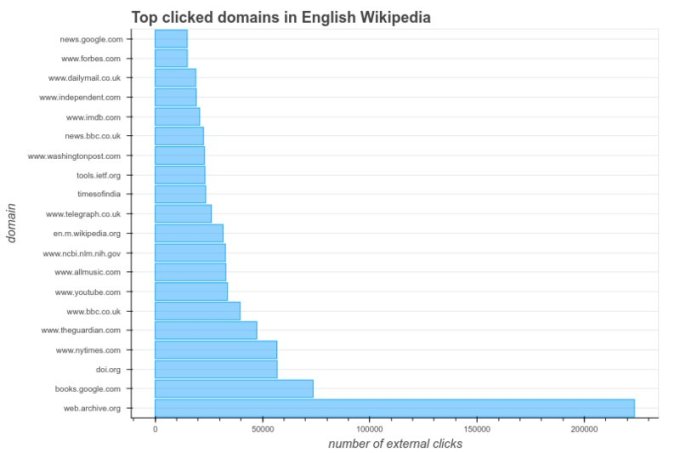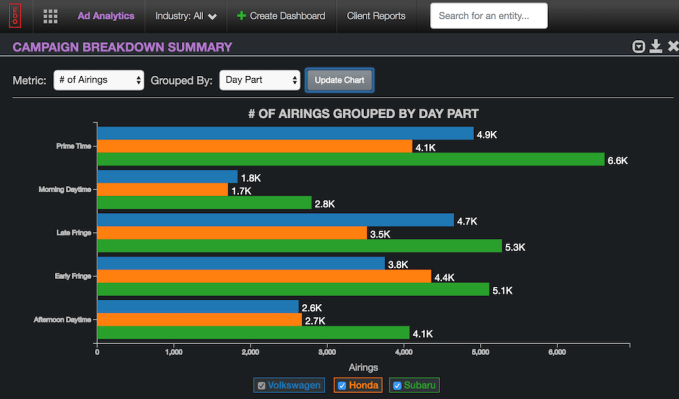The web it turns out is a fragile place. Companies, governments, educational institutions, individuals and organizations put up and take down sites all the time. The problem is that the web has become a system of record, and when links don’t work because pages no longer exist, the record is incomplete. With the help of volunteers from Internet.org, Wikipedia has been able to recover 9 million broken links and help solve that problem for at least one knowledge base.
Internet.org captures a copy of as many websites as it can to build an archive of the web. If you know what you’re looking for, you can search their Wayback Machine archive of billions of web pages, dating back to the earliest days of the World Wide Web. The problem is you have to know what you’re searching for, and that can be problematic.
A Wikipedia contributor named Maximilian Doerr. Doerr put the power of software to bear on the problem. He built a program called IAbot, short for Internet Archive bot. Internet.org also credits Stephen Balbach, who work with Doer tracking down archives and bad links.
First IAbot identified broken links, those pages that returned a 404 or ‘page not found’ errors. Once the bot identified a broken link, it searched the Internet Archive for the matching page, and when it found a copy, it linked to that, thereby preserving the link to the content, even though the original page or website was no longer available.
That software helped fix 6 million links across 22 Wikipedia sites. Wikipedia volunteers fixed an additional 3 million links, by manually linking to the correct Internet Archive page, an astonishing amount of preservation work, and one that helps maintain the integrity of the web and provides an audit trail where one was missing.
In a blog post announcing the results of the project, Internet.org reported that after studying the link-clicking behavior of Wikipedia users over a recent 10-day period, they found that the vast majority of links were going to Internet.org pages, showing the power of this project to fix broken links in Wikipedia.

Graph: Internet.org
A few years ago, I wrote a piece in which I lamented that the internet was failing the website preservation test. I concluded, “If we can send bots out to index the internet, it seems we should be able to find an automated technological solution to preserve content for future generations. At the very least, we are duty bound to try.”
If this is truly our system of record for government and society, then we need more projects like this one to preserve the integrity of the system for future generations. The Internet.org/Wikipedia project is certainly a positive step in that direction. What’s more, the organization plans to build on this work across Wikipedia and other sites, while also working with editors or writers who wish to link to archived pages when live pages no longer exist.
from www.tech-life.in












No comments:
Post a Comment